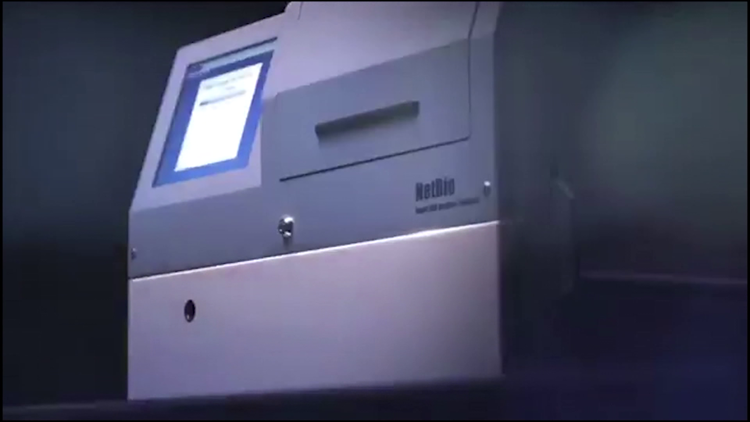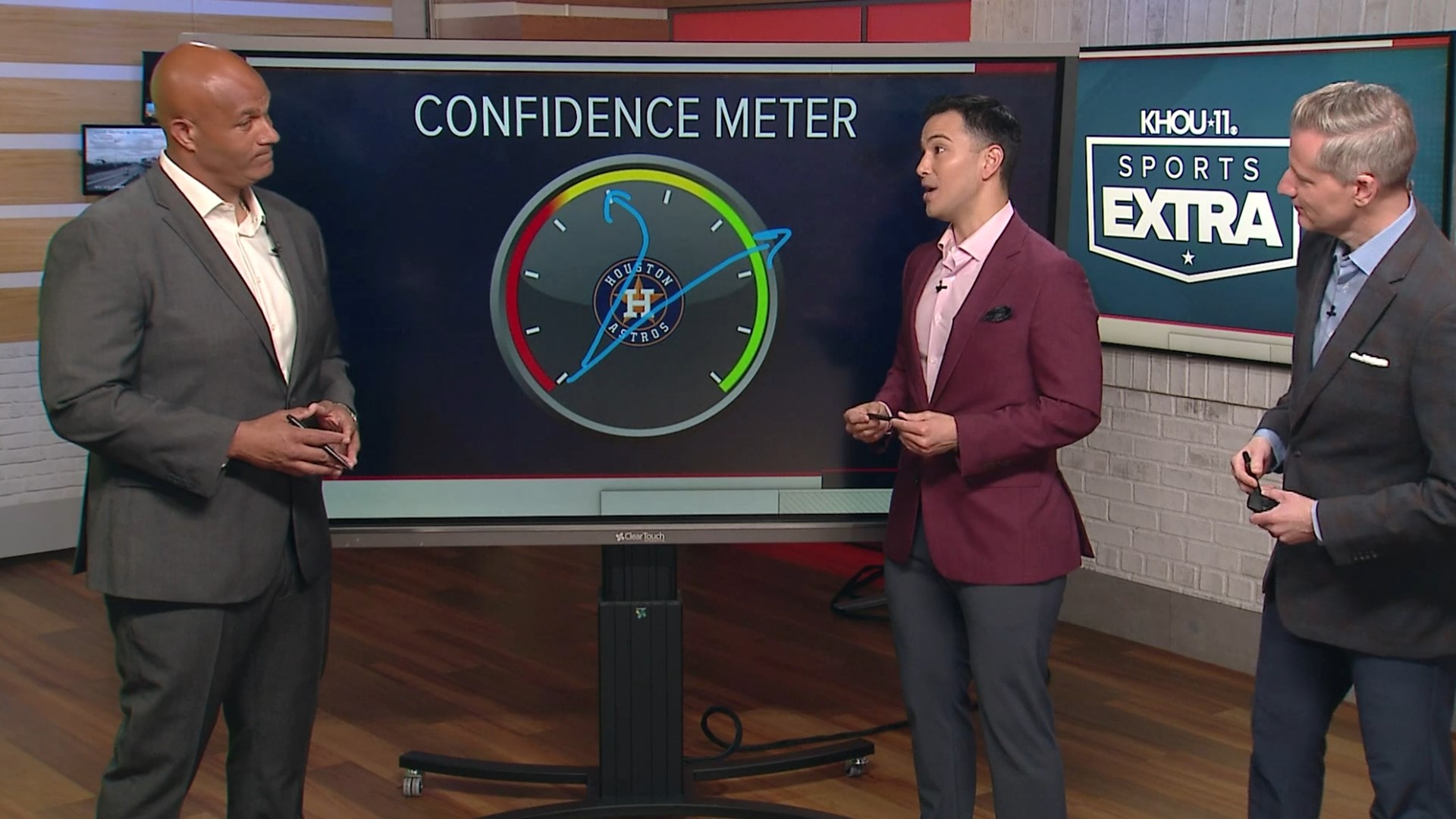HOUSTON — “Rapid DNA” is a new technology that aims to get criminals off the streets faster.
A Rapid DNA machine can cut DNA testing time from weeks or months to under two hours. However, Houston’s recent trial run with the machines revealed some serious concerns.
When crime happens in Houston, the race is on to find that person responsible and get them behind bars as soon as possible.
Now imagine you could link someone to a crime scene in the time it takes to watch a movie.
“I think that speed has a real advantage,” said Dr. Peter Stout, president and CEO of the Houston Forensic Science Center. They wrapped up a months-long pilot program last year with HPD.
The study protocol is swab the evidence twice, process one sample the old-school way, the other with the Rapid DNA, then compare the results.
The Rapid DNA sample alone is not admissible in court, but it can help lead to evidence that is.
"I can’t discuss specific cases. But yes, we have been able to develop leads as well as eliminate potential suspects from cases, which is equally important,” said Lt. Warren Meeler with the Houston Police Department.
But Dr. Stout says one big drawback is the machines consume whatever evidence they sample.
“So if the result from the instrument is different from the laboratory or there’s something unexpected happens in the instrument that swab collected from that scene is gone,” Dr. Stout said.
That happened with a blood-stained piece of glass in one investigation.
Dr. Stout also has concerns on how the machines distinguish mixtures of DNA, for example, a doorknob touched by several people.
“This is people’s lives and freedom, and how that gets used needs to be carefully done,” Dr. Stout said.
A 2017 study of Rapid DNA in Sweden was stopped early when 25 percent of blood samples weren’t usable.
“For an answer to be quick and wrong is obviously somebody’s life. It’s also somebody’s life is the answer is wrong and too late,” Dr. Stout said.
Dr. Stout said that the FBI and Texas DPS agree the potential for this technology is huge, but until the proper procedures and protocol are put in place, the risk of losing evidence is too great.
An HPD spokesperson said they’re still using Rapid DNA in very limited cases to pursue leads in violent crime cases.
► Make it easy to keep up-to-date. Download the KHOU News app now.
Have a news tip? Email us or message us on our Facebook page or Twitter feed.



